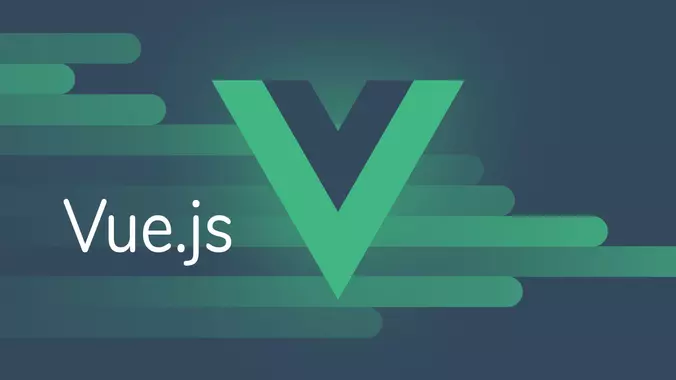
Embracing Vue.js
In my journey to learn frontend development, I initially gravitated toward React. However, my experience with Vue.js 2 and its “Options API” left me with less than pleasant memories. It was only when I discovered the Vue.js Composition API that I realized there was more to this framework.
The Road to Vue.js
My journey with Vue.js began with mixed feelings. Vue.js 2, with its Options API, felt unfamiliar and a really verbose. I found myself grappling with syntax and organization, and it left me yearning for the comfort of React’s familiar ways.
However, my perspective took a remarkable turn when I delved into Vue.js 3, especially the Composition API. The moment I started working with the Composition API, I was struck by its simplicity and its remarkable closeness to HTML.
The Beauty of the Composition API
One of the most remarkable aspects of the Composition API is its intuitive and HTML-centric syntax. The declarative style of Vue.js, combined with the Composition API, makes it easier to express the structure and behavior of your components in a more concise and understandable manner.
Reactivity, which is at the heart of Vue.js, feels cleaner and more straightforward compared to React. With Vue.js, you have reactivity built into the framework, making it easier to track changes in your data and ensuring your components are always in sync with your data model without hitting a useEffect infinite loop mess. It simplifies the process and allows for more readable code, a significant advantage for developers like me who are new to frontend development.
Growing Ecosystem and Promising Future
While Vue.js might not boast the same immense ecosystem that React has, it’s essential to note that it’s a framework that’s steadily growing. Vue.js has a dedicated community and a range of plugins and libraries, and its momentum is undeniable.
In conclusion, Vue.js has taken me on a journey from initial skepticism to genuine appreciation. Its Composition API has won me over with its simplicity, readability, and reactivity, making frontend development more enjoyable and approachable. While Vue.js might not yet match the scale of React’s ecosystem, its growth and potential are undeniable.

